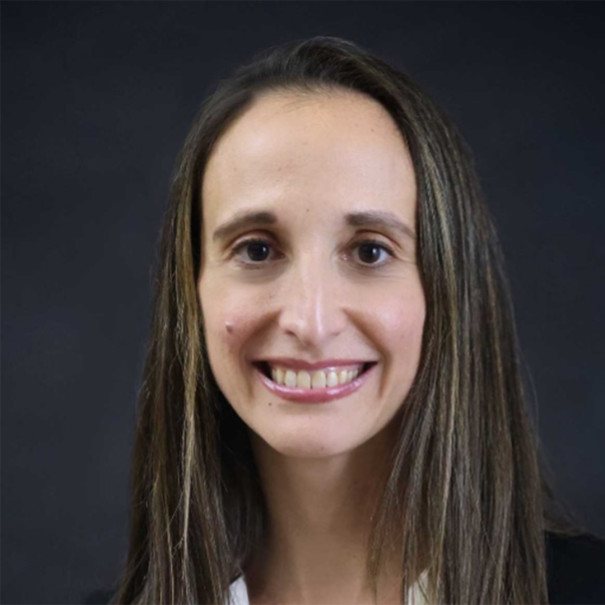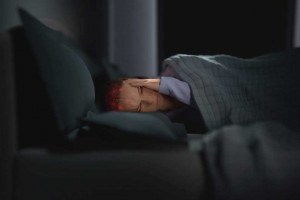New Clinical Trial with Philadelphia-Area Location Offers Hope for People with OCD

For people with obsessive-compulsive disorder (OCD), daily life can be a debilitating struggle. Consumed by intrusive thoughts that trigger feelings of distress, people with OCD can get caught in a never-ending cycle of compulsive behavior, such as constant hand washing and excessive neatness, in an attempt to temporarily rid themselves of the anxiety they are experiencing.
A serious neurological disorder
Public attention often focuses on the uncontrollable niche behaviors that are symptoms of OCD. This has helped make the disorder widely misunderstood and contributed to a false labeling of people with OCD as quirky. Nothing could be farther from the truth. OCD is a neurological disorder that is a consequence of altered brain function. Its prevalence is widespread: affecting one in 100 people.
And while compulsions are often the focus of OCD, the real culprit according to Cassie Blanchard, Ph.D., are the recurring and difficult-to-stop intrusive thoughts.
“The intrusive thoughts take up all of a person with OCD’s time,” says Dr. Blanchard of CenExel HRI, a leading clinical research organization in Berlin, New Jersey. “Before they know it, the day is gone and they have missed everything they need to do.”
What if?
A frequent intrusive thought that people with OCD experience comes in the form of “What if” questions they pose to themselves, such as “What if everyone hates me?,” “What if it’s my fault?,” and “What if these thoughts never stop?” Dr. Blanchard emphasizes that the distress caused by intrusive thoughts like these manifests in the form of compulsive behaviors that can negatively impact a person’s relationships, school and work commitments, and their overall mental and physical health. She has witnessed how the daily burden of OCD impacts adults and children alike.
“OCD is impairing for people of all ages,” says Dr. Blanchard. “It has a pervasive impact on the daily life of adults, affecting their careers and social interactions. The burden and stigma of OCD can also be extremely difficult for children and teens, some of whom may be misdiagnosed with a behavior disorder or even autism, which unfortunately is not uncommon with OCD.”
The need for new treatments
OCD requires a specialized treatment focus. Medications and therapeutic approaches for generalized anxiety disorder can alleviate symptoms according to Dr. Blanchard, but they fall short of addressing the core of OCD: intrusive thoughts. “We haven’t had a new medication for OCD approved by the FDA in over two decades,” she emphasizes.
New clinical trial now enrolling
Dr. Blanchard is hopeful that a new clinical trial she is leading in the Philadelphia area may help bring forward a much needed, new standard-of-care medication for people with OCD. The trial is sponsored by Biohaven Pharmaceuticals and is studying an investigational therapy that directly targets a key neurotransmitter implicated in OCD. “This drug takes a new and different approach to OCD,” she says. “It could potentially open up a new treatment option for people with OCD and make the disorder more controllable.”
The clinical trial is currently enrolling patients at sites across the United States. Locally, the trial is being conducted at CenExel HRI in Berlin. If you have OCD, or know of a family member or friend struggling with the disorder, Dr. Blanchard encourages you to learn more about the potential benefits of the clinical trial. She and the study team at the Berlin site are ready to help.
“We understand that participating in a clinical trial is inherently challenging for people with OCD,” says Dr. Blanchard. “Their anxiety may be an emotional roadblock that stands in the way of them coming to our facility. But we are dedicated to making it more comfortable for them, through offering telehealth appointments to review study details, transportation to our facility and a private waiting area when they get here. And I will always be available to chat with them about their fears and concerns as the trial is going on.”
“We are seeing people at their lowest at times when they reveal their toughest challenges with OCD. They deserve our empathy. We want them to know we are supporting them and will never judge them,” she adds.

Cassie Blanchard, Ph.D., CenExel HRI
